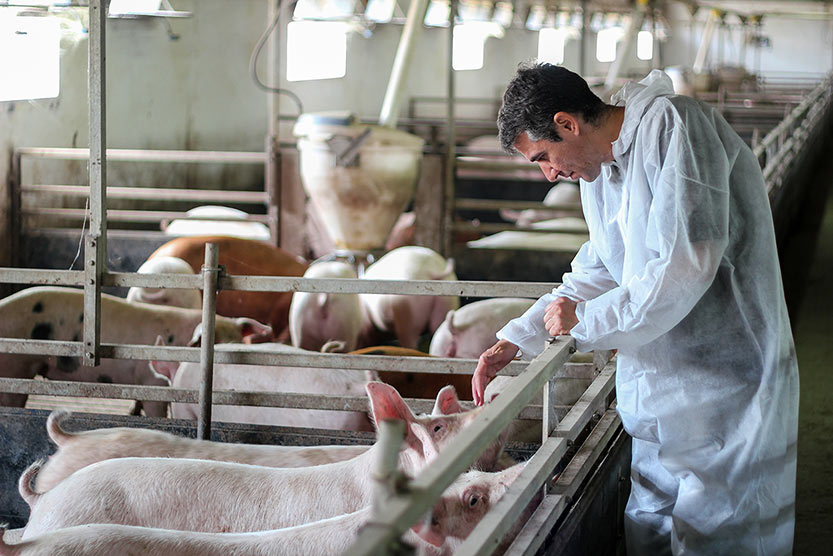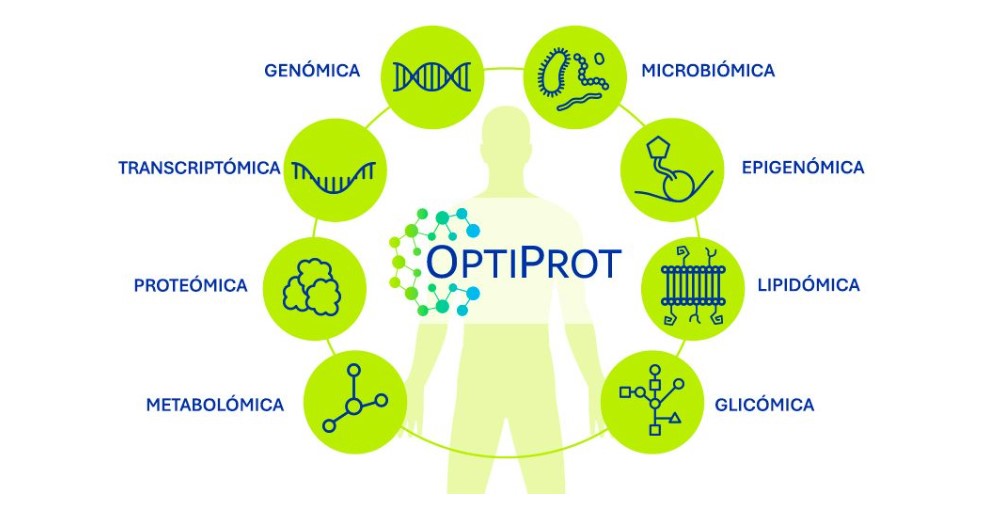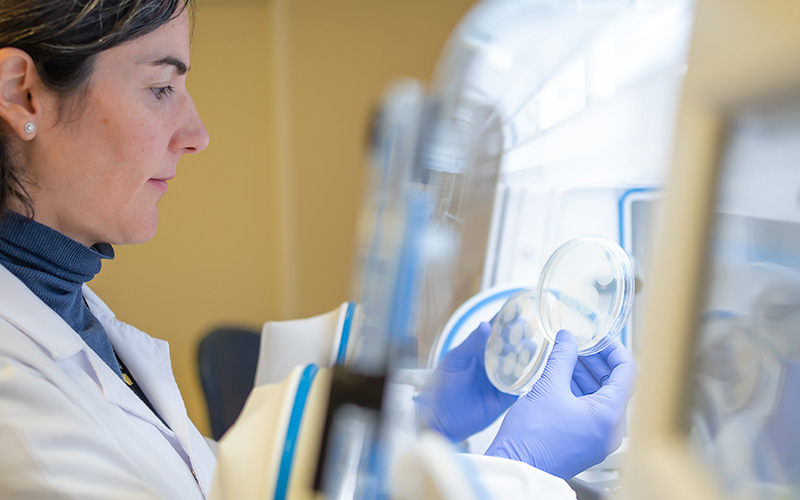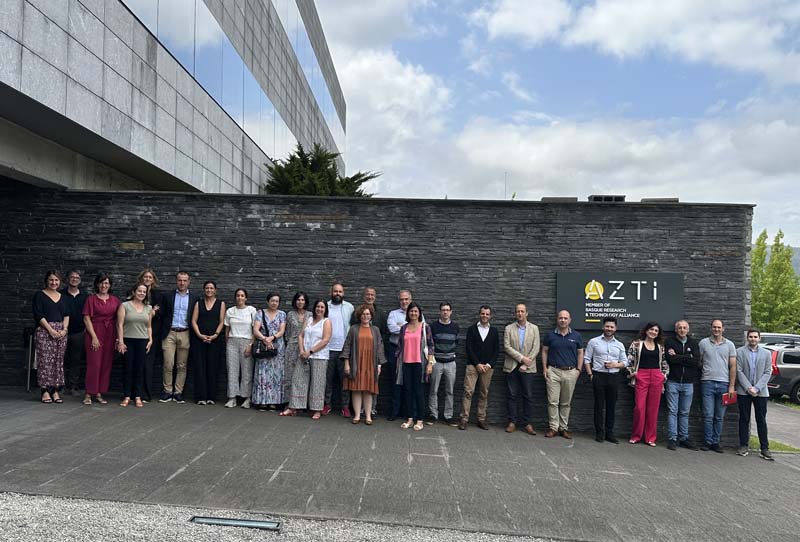Biotechnology and AI to improve animal health and livestock sustainability
Últimas noticias
International Energy Day: AZTI's Innovations in Marine Renewable Energies
Scientists Find Marine Bacteria that Break Down a Key Compound for the Carbon Cycle and Global Climate
A new tool promotes the sustainable development of maritime sectors and marine biodiversity conservation
● The BIOTEGANIA project aims to respond to the challenges and constraints of the agri-food sector through new technologies.
● The initiative works on a comprehensive solution to control and prevent the transmission of diseases, optimize logistics and production processes and reduce environmental impact.
● Funded by the CDTI and the State Research Agency of the Ministry of Science, Innovation and Universities of the Government of Spain, it has a consortium formed by seven companies and six research centers.

Bilbao, May 23, 2024 – Livestock farming is a key activity in ensuring adequate access for people to the protein necessary to meet their nutritional needs. The pig and poultry sectors account for nearly 1% of Spain’s GDP and employ more than 700,000 people.
Despite its relevance, this sector faces multiple challenges and limitations such as the control of greenhouse gas, nitrate and phosphorus emissions, the need to restrict the use of antibiotics or the improvement of animal welfare. These are challenges that must inevitably be faced in order to guarantee the sustainability of production in an ethical and responsible manner.
To achieve this, it is essential to improve the overall health of animals and to develop new technologies, methods and practices that make the sector more efficient, competitive and environmentally friendly, and that also take into account the entire livestock value chain.
It is in this context that the BIOTEGANIA project was born, financed by the CDTI and the State Research Agency of the Ministry of Science, Innovation and Universities of the Spanish Government.
The initiative aims to develop a system that integrates different biotechnological, digital and Artificial Intelligence tools for the detection, prevention, control and treatment of emerging communicable diseases and for the optimization of logistics and production processes in the agri-food sector. In this way, through sensorics and advanced diagnostics, the application of biosecurity and biocontainment, and phage therapy, it seeks to offer the food value chain a comprehensive solution, driving significant environmental, social and economic benefits that will improve the competitiveness of livestock farming.
Social Impact
The project will respond to two problems of great importance to society, such as the protection, welfare and sustainability of production animals, and the safety of the food we consume.
On the one hand, it will contribute to improving animal health and welfare by reducing non-communicable diseases. At the same time, it will address environmental issues, promoting the ecological transition by reducing the impact of waste and the water and CO2 footprint of livestock production.
The initiative will also help to improve the quality and safety of the food we eat, reducing the potential transmission of zoonotic pathogens and antimicrobial resistance through the consumption of contaminated food, which will help to ensure food safety and protect consumer health.
This research and knowledge transfer project involves collaboration between seven companies and six research centers. In the business area, Cuarte SL of Grupo Jorge; Sánchez Romero Carvajal Jabugo SAU of Grupo Osborne; Cobb Española SA of Grupo Cobb Europa; OBLANCA AVICOLA SL of Grupo Oblanca; Servicios Profesionales Vitales SERPROVIT SL; Animal Data Analytics ADA SL; and Exopol SLU. On the other hand, in the scientific-technological field, it has the participation of the AZTI technological center (Basque Country), the Center for Poultry Quality and Animal Feed of the Valencian Community (CECAV), the Autonomous University of Barcelona (UAB), the Cardenal Herrera University (UCH-CEU), the Complutense University of Madrid (UCM) and the Polytechnic University of Valencia (UPV). In addition, the project has the support of ANPROGAPOR (National Association of Pig Producers) and AVIANZA (Interprofessional Association of Poultry Meat), which will promote the dissemination of the project’s progress in both sectors and will enhance the continuity of the project and the exploitation of its results.







